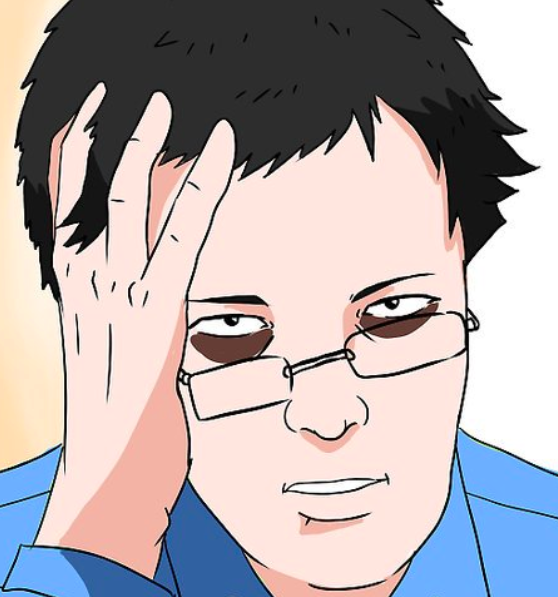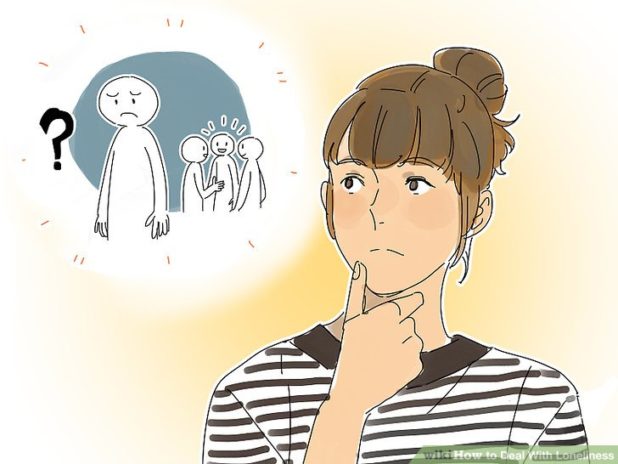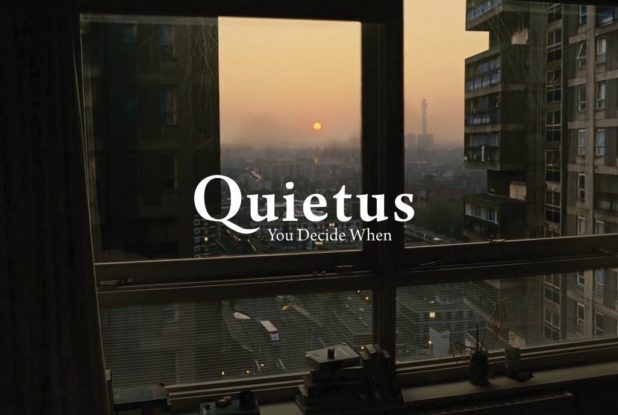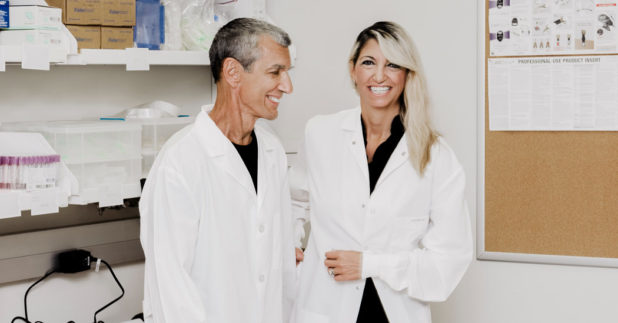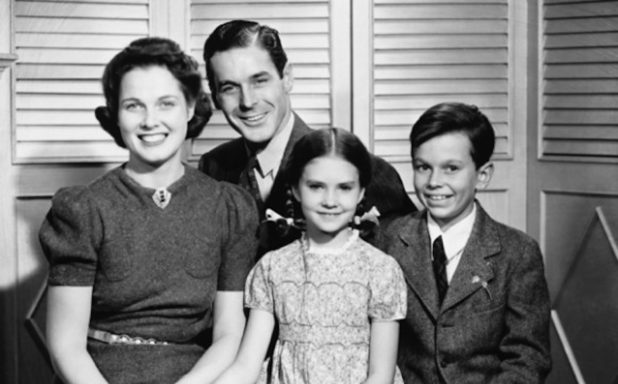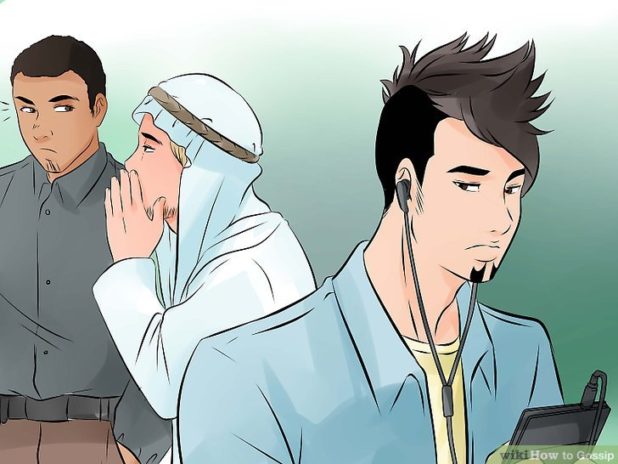Roy Batty
Daily Stormer
January 28, 2019
Things are completely fucked, but no one is ever allowed to ask why things are fucked nor propose solutions to unfuck things.
The only thing that you’re allowed to do is treat the symptoms.
It’s hard to compare our collective loneliness against that of previous generations, as we simply haven’t been measuring it consistently, but recent estimates suggest that anywhere from 22% to 75% of American adults are persistently lonely. A number of culture-wide structural changes might be to blame: more Americans live alone than ever before; fewer of us are marrying or having children; our average household size is shrinking. In many cases, these changes represent the availability of options where once the only accepted path was marriage and a nuclear family. But they also mean we are spending more time on our own. “Western societies have demoted human gregariousness from a necessity to an incidental,” writes John Cacioppo, a neuroscientist who studied social pain and passed away in March 2018, in his book Loneliness.
Yes, Jews caused this.
They destroyed the fabric of our societies so that they could get rich off selling us pills that allow us to cope with the sheer horror of it all.
And we’re only a few years away from suicide pills at the rate we’re going.
When mice are socially isolated, their levels of pregnenolone decrease, a shift that also occurs in lonely humans. In a 2013 study of 31 healthy people, another research team found that giving people oral doses of a compound called allopregnanolone – derived from pregnenolone – had a calming effect on the participants’ amygdala and insula, which are the regions of the brain responsible for threat detection, emotional recall, and the anticipation of unpleasant reactions. The Cacioppos started focusing on pregnenolone and allopregnanolone after preclinical trials showed that the compound could counteract some of the loneliness-related biological changes in brain and was well-tolerated in humans. Some antidepressants provide a similar effect but come with undesirable side effects, like drowsiness, nausea, and insomnia.
The Cacioppos – draw your own conclusions about them.
“If we could successfully reduce the alarm system in the minds of lonely individuals, then we could have them reconnect, rather than withdraw from others,” Stephanie says.
Translation: “if we could lobotomize people, they’d be happier in this waking dystopia that we are foisting upon them.”
“Just as thirst is a signal that you are dehydrated, loneliness is an indication that you are already suffering from a lack of connection, Stephanie Cacioppo tells me. It’s true that many of us manage to pull ourselves out of a lonely funk, but she argues that we could still benefit from a pharmacological intervention to prevent descent into social isolation.
The vast majority of people experience loneliness in their lives. I ask her: does this mean all of us could benefit from such a treatment?”
“Absolutely,” she says.
These people are insane.
To combat loneliness you don’t need a pill, you just need another person.
People want to connect to others – they want to meet girls who can become their wives and start families with them. They want to be able to relax with their friends at the bar, the gym, the boat on weekends. They want grandkids when they’re older too, and to know their extended family. They want to know their neighbors, and they want to know their mailman.
Giving them a pill so that they just stop wanting all that is sick AF.
It is pathologizing normal human emotion.
And while I hope that stuff like this won’t take, I think I know better. People still have this near-religious faith in doctors in America, even if they’re in quack professions like psychiatry or w/e.
Chances are that drugs like these are going to keep coming out and people are going to gulp them down to cope.
There may even be an anti-racism pill hitting the market soon. You know, for White people that feel uncomfortable around diversity. There will be a special pill that will allow them to cope with that too – by removing the brain’s threat detection and pattern-recognition mechanism. It’ll probably be handed out in schools along with contraceptives, Xanax, Ritalin, and anti-depressants.
There is some good advice at the end of the article though:
Actively searching for meaning in your life, whether it’s by joining a volunteer organization, movement, or religious group, also helps. It’s less about meeting other people, at least at first, and more about finding purpose and taking part in something larger than yourself, Cole says. “Self-focus promotes negative emotional states,” while there is robust evidence that the “neurobiology of helping others is one of the most rewarding things a brain can do”.
Helping others and mostly just thinking about others is a great way of dealing with depression, it’s true.
But it’s shifting the focus away from yourself that’s the key here, not giving (presumably) Africans your time and money.
Funny enough, gossip can help you deal with depression as well. Just make fun of someone else – hopefully, someone deserving it – and all of a sudden you’ll feel much better about yourself and your own situation. Plus, people love to rag on other people, and it’s a bonding thing.
Basically, doing anything that gets you out of the state where you’re marinating in your own mind is a good way to deal with depression.
I could give you other advice like exercise, eat right and go to bed on time (and you should do those things), but if you really want bang for your buck, just take someone else down a peg and see if you don’t feel better immediately, your money back GUARANTEED!
It’s an ancient Chinese remedy, so you know it’ll work. And it’s better/cheaper than taking some Jew-pill anyway.
